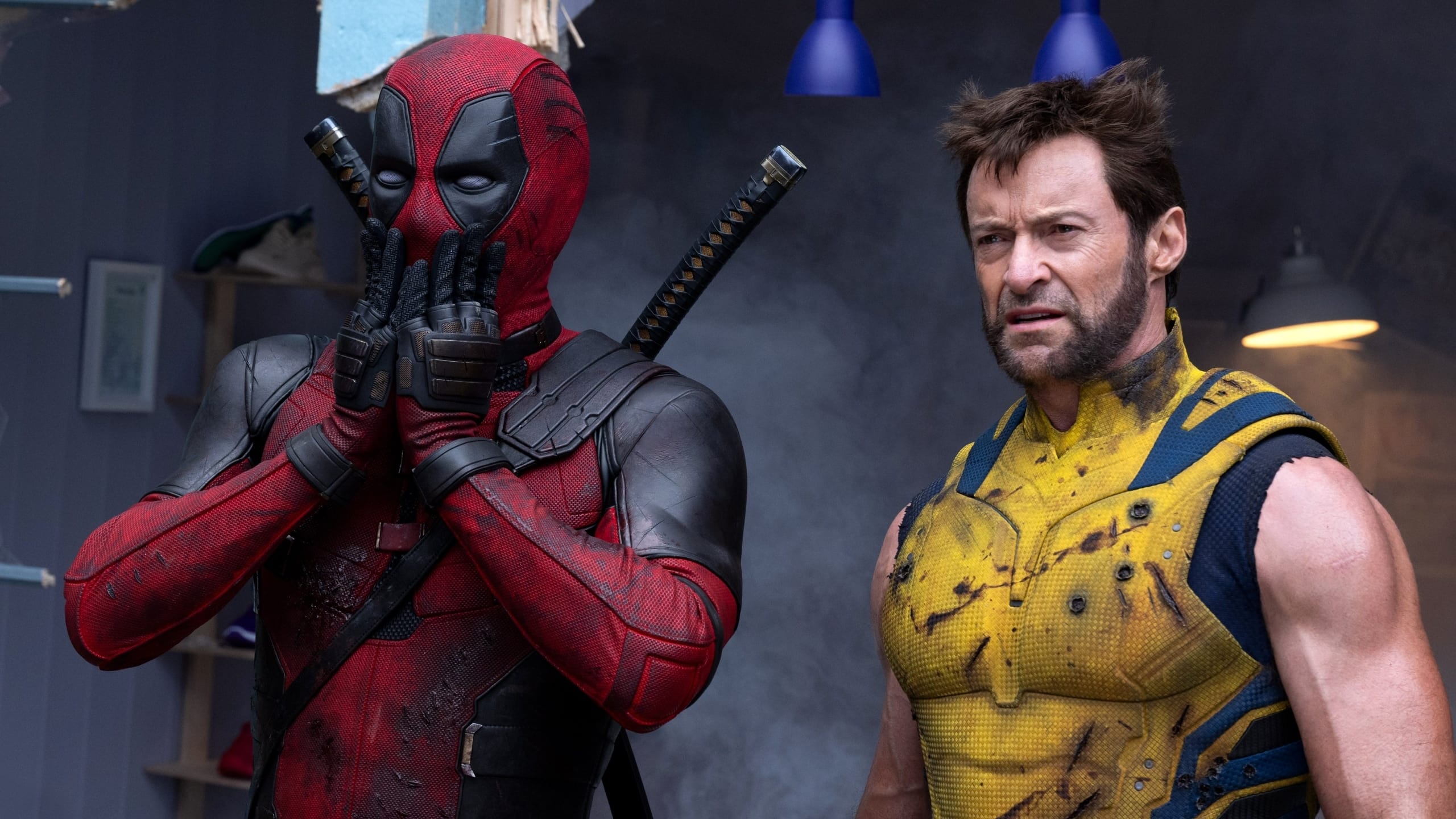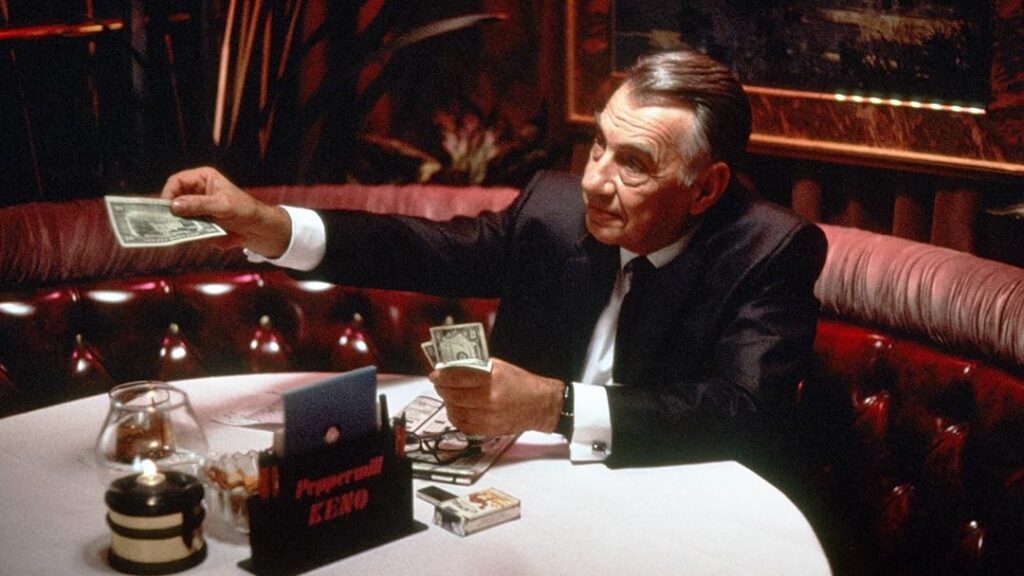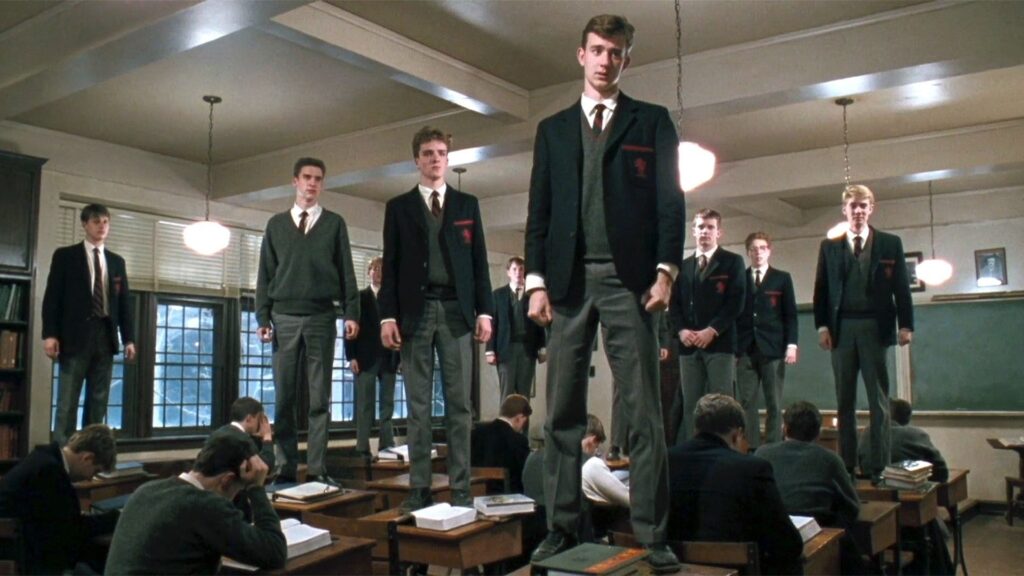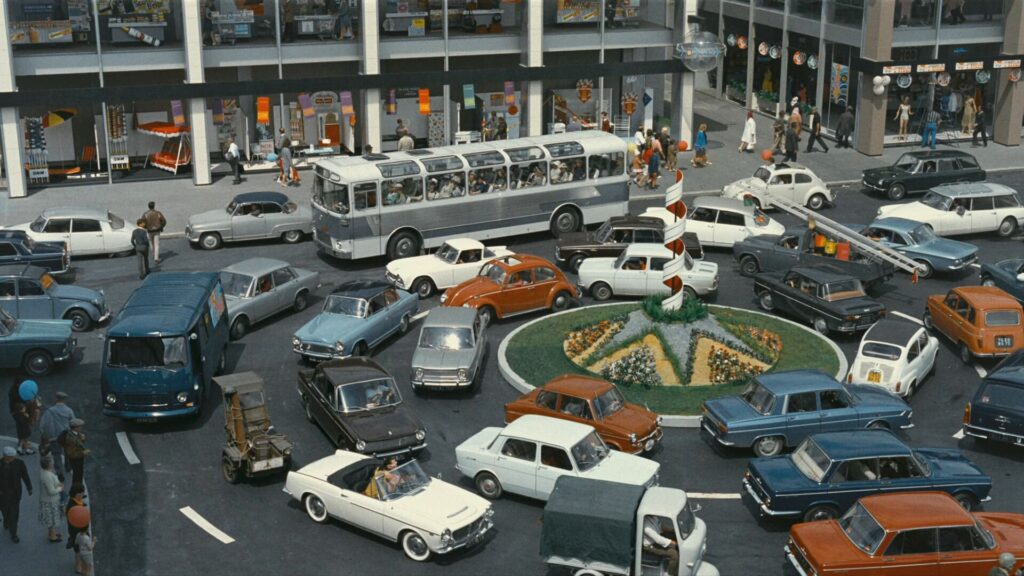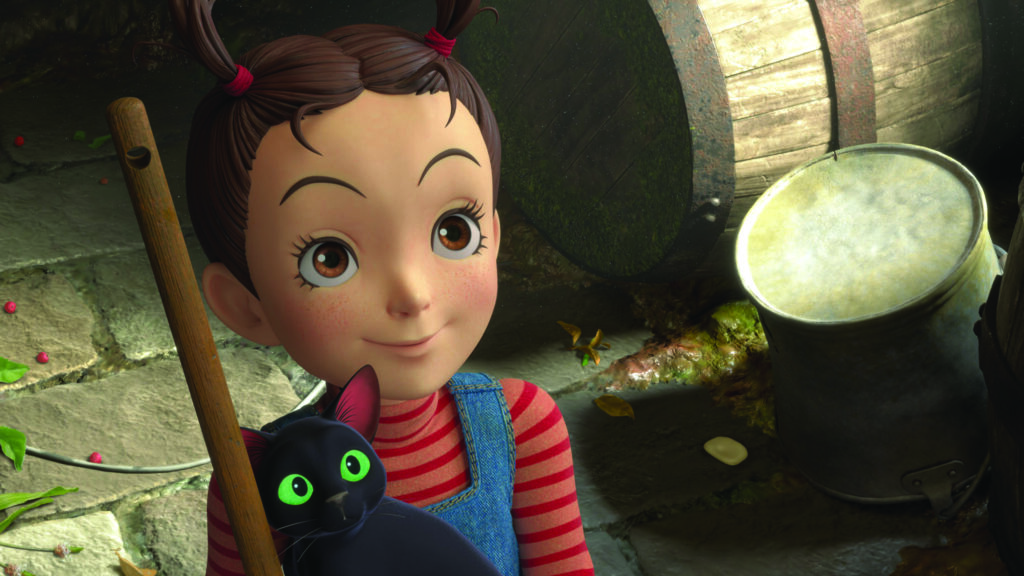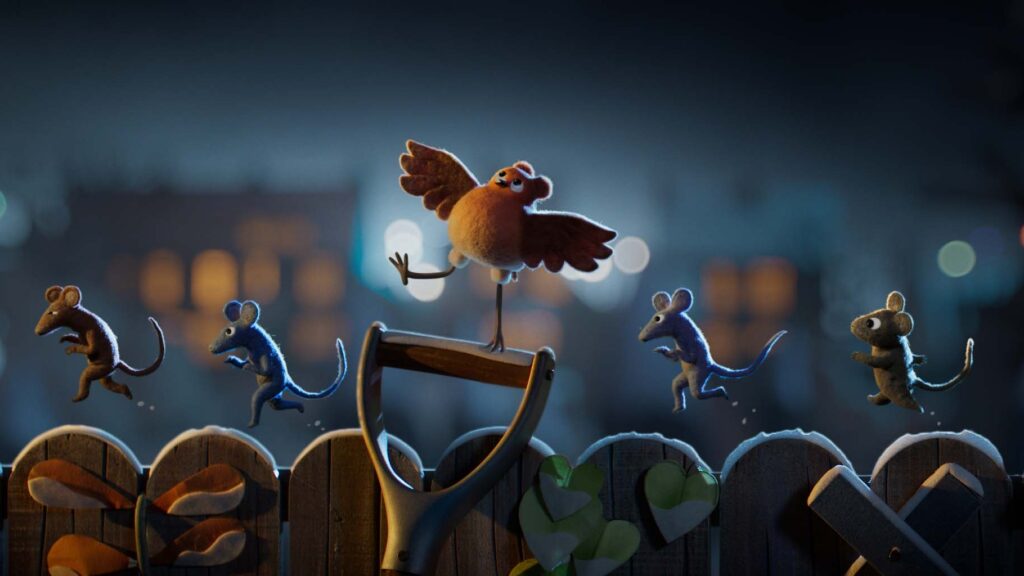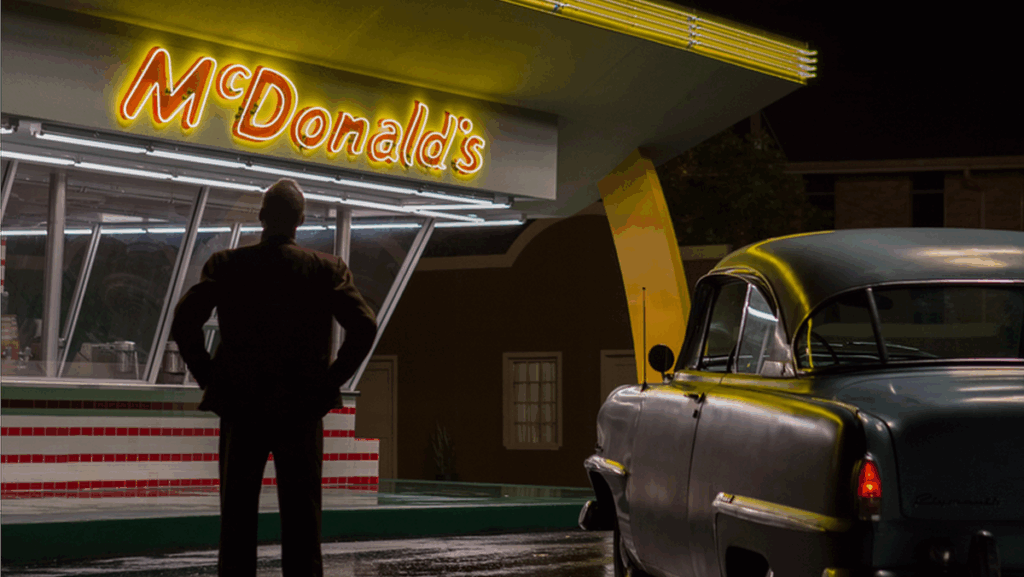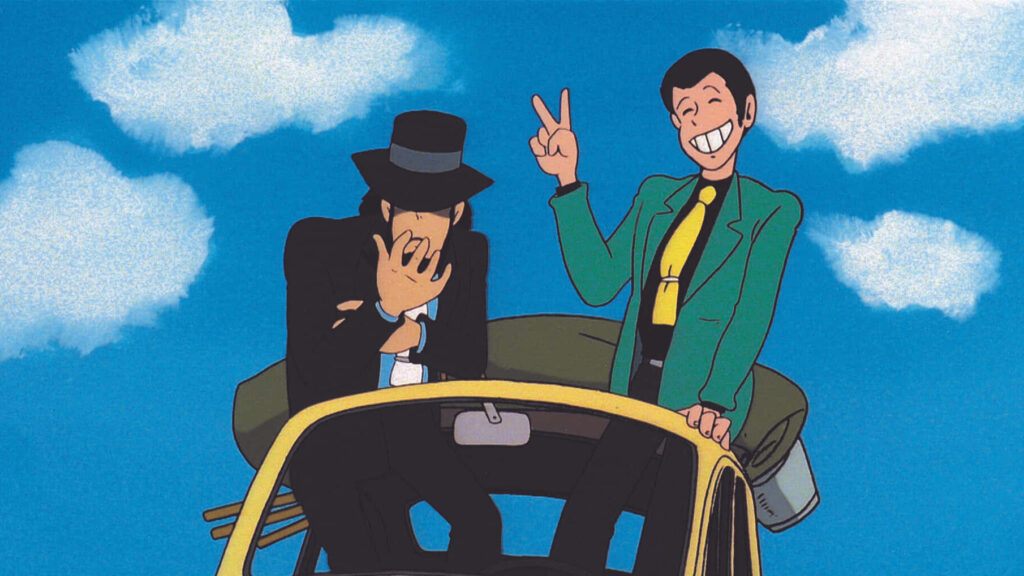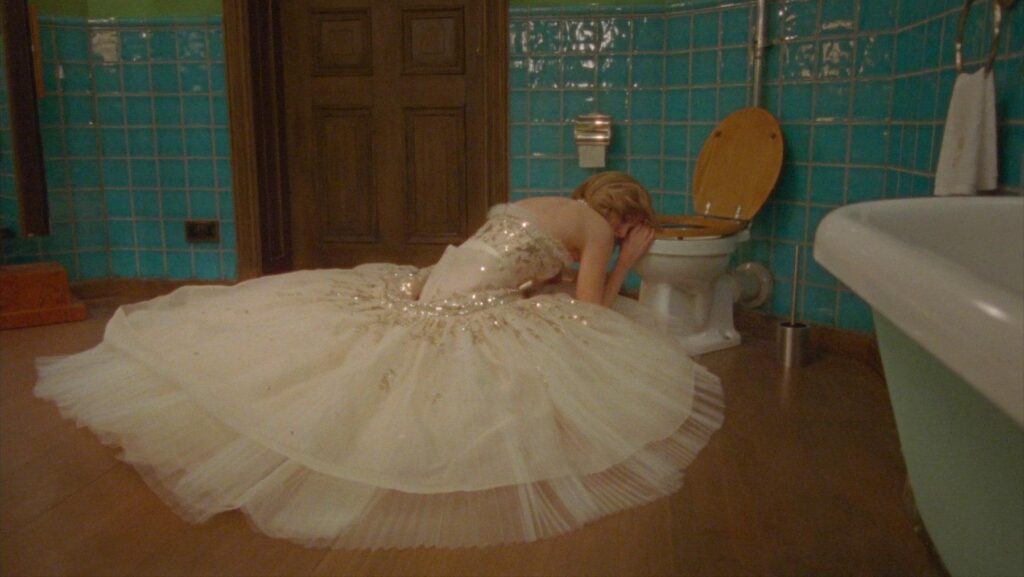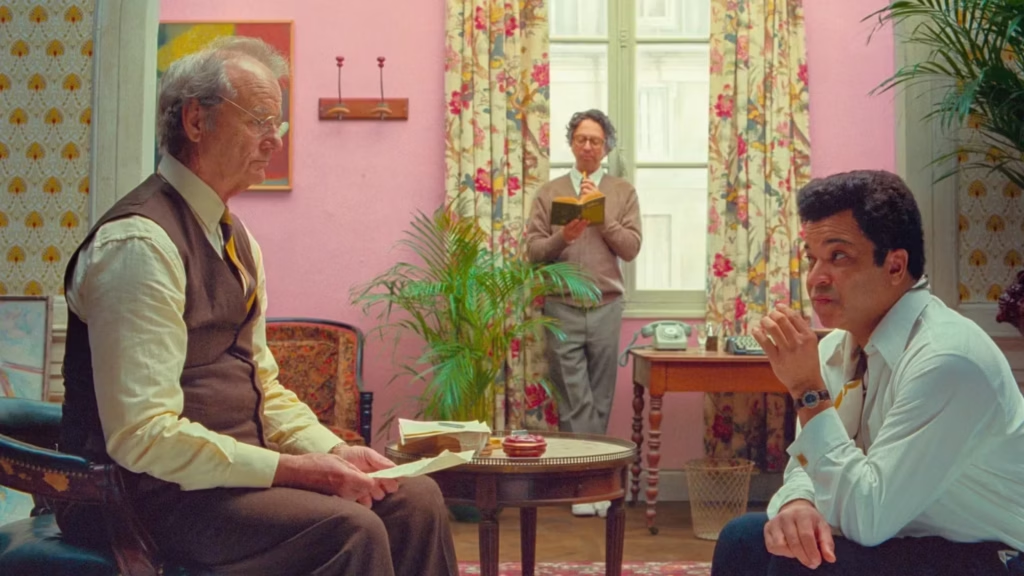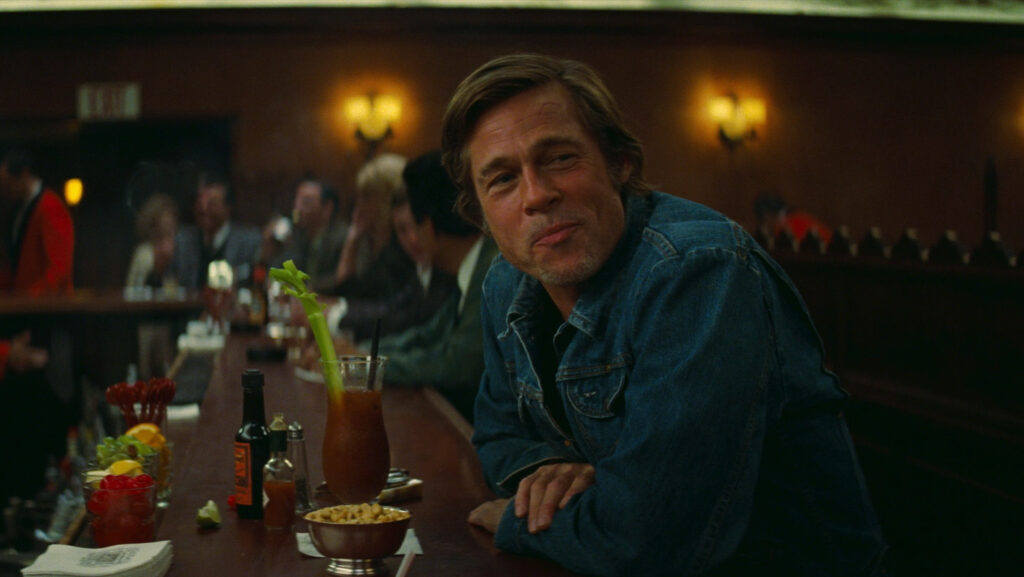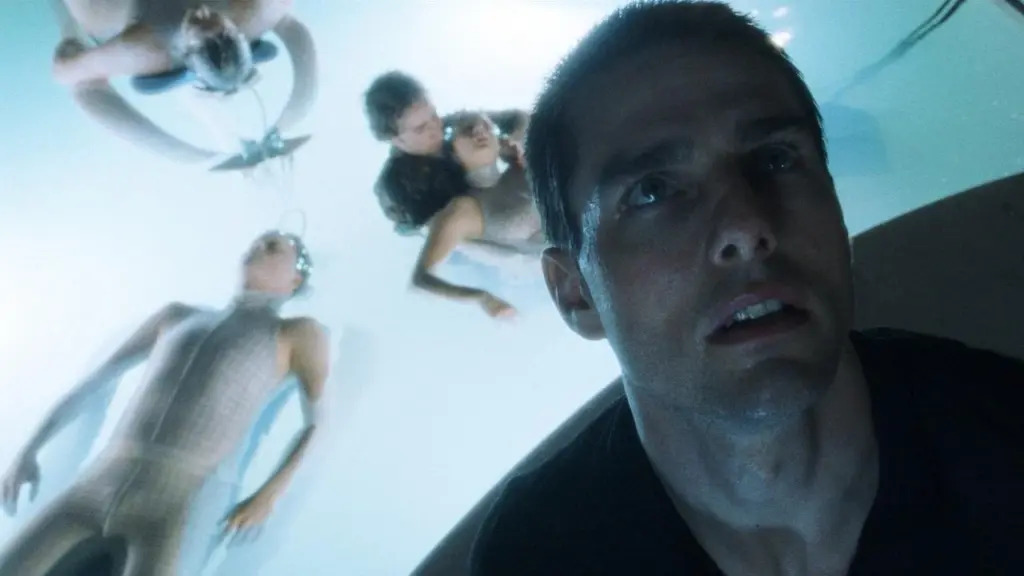Shawn Levy’s latest collaboration with Ryan Reynolds is not an irreverent mockery of Marvel, but a redressing of what to expect from multiverse gruel.
There are a number of ways in which the MCU’s recent malformation can be and has been poetically described: an ouroboros, a marionette show of newly and repeatedly disinterred corpses, an algorithmically motivated content machine, and most commonly, ‘It fell off.’ I am obviously tempted to mask the lack of interesting talking points related to Deadpool & Wolverine by incorporating such metaphors in a flurry of word soup, despite how they have struggled to articulate the depressing and deadened nature of contemporary Hollywood ever since IP multiverses have become firmly ensconced within the industry’s formula. To say that Marvel is too proud of its ability to dance with the skeletons of our past is, however, an exercise in redundancy given that their screenwriters have already done the work for me.
Reynolds’ latest is so intent on presenting itself as self-aware that it constantly slides in easy lines about how Disney sucks and their movies suck now too, purely to keep you on board with the idea that the merc’s mouth is truly irrepressible — but also to get you on board with the idea that Disney is chill, completely willing to take criticism in stride. In reality, the Comedy Central Roast of Marvel Studios does not represent an ego death, but a safe placation to widely felt superhero fatigue, consisting in quips which acknowledge what everyone already knows (‘It fell off.’) and storylines in which previous, lesser comic book adaptations are the punchline. Far from knocking Feige down a peg, it gives permission for this multiverse to employ a strategy of unrestricted irony to erase and forgive all of its issues. More irritatingly, it gives permission for this movie, and the oncoming entries in the franchise, to be unbound by either storytelling or stakes.
Creative decisions were already dictated by one studio’s access to a coterie of iconic and profitable characters, but now, they reference the negotiation of that access, the real-life business deals whose dullness and deterioration of creative works into commodities could not be less cinematic. Before, someone like Spider-Man had to be recruited; it would become a part of his struggle to accustom to the new and more magnified challenges which this world had to offer. Today, Elektra, Blade, and an unproduced Channing Tatum Gambit can simply walk into frame and immediately accept their deaths without question in order to pave the way for these divinely chosen heroes (as well as their own future adaptations).
If our main characters face anything that is not an overblown, meta reference directed at Reddit, it is tangential. Our new Wolverine’s tragic backstory reckons with X-Men‘s perennial theme of humanity’s violent and bigoted persecution of mutants, not because the film wants to actually contend with such a history, but simply because that’s what Wolverine is supposed to be about. In truth, this Wolverine has to shed any relationship to his past, and most importantly, learn to look forward to a future spent alongside the superheroes who are considered viable by decree of Marvel Studios.
It should be obvious that a film in which Kevin Feige was a tight-knit collaborator is not a rebellious middle finger to the sputtering mega-project over which he presides, but instead a teasing and flirtatious one. After all, the degree to which creative control has been entrusted to Reynolds is largely irrelevant when such creativity provides Marvel with exactly what they want: rekindled relevance and, in tandem, obscene profits. His film does not deviate from convention in any meaningful way. Disney is willing to let this movie crack jokes about how they suck because it is wildly lucrative, and even so, only up to a certain point; Deadpool is consistently worshipful of the Avengers as an ideal for comic book cinema, standing in awe of their imperishable values and inherent nobility. Only the MCU’s most recent and obvious string of failures can be ridiculed, never their flagship characters (except in a passing homage to shawarma).
All of these things that somehow come together as a part of a feature film are bookended by visuals that range from obnoxious, computer-generated goop to mostly shot-reverse-shot, single-figure Hollywood comedy aesthetics that should be entirely expected from Shawn Levy. Deadpool & Wolverine features many of its characters at what may be their absolute ugliest. The worst offender is a strangely prolonged shot in which an uncanny, stiff, computer-animated Hugh Jackman leaps through a bus window and proceeds to just stand there, breathing heavily and growling for so long that it’s impossible to understand why anyone thought the sequence was suitable for theatrical release.
There is something to be said about how a movie so bored with the idea of narrative weight has maximized its entertainment value. As a foil to the fatal humourlessness of Eternals and other such blockbusters which attempt to draw consequentiality from their eminently absurd and sensational inspirations, the film points to a hopeful return to stupidity in a genre that regularly takes itself too seriously. But still, stupidity will never be something I can fully rally behind for as long as it’s at the behest of filmmaking-for-profit, especially when it’s this predictable and rote. I’ve never felt more confident about a film which I generally enjoyed that I never need to see it again.
